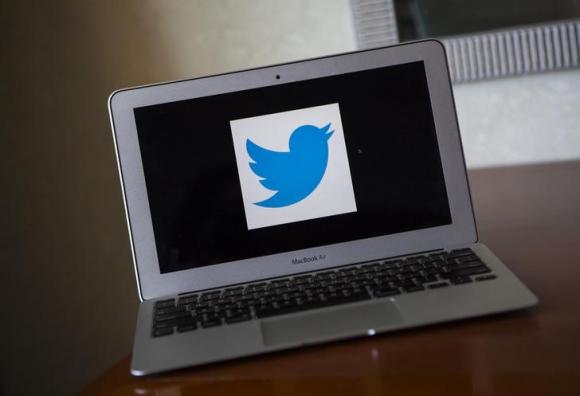
Over the last two days, a strongly communal topic of banning madrasas has been trending on Twitter nationally under the hashtag #BanMadrasa, with several netizens venting anger over the Meerut incident of alleged forced conversion and gang rape of a girl in a madrasa.
The Twitter posts are loaded with vehemently communal content against the minority community, with some calling madrasas 'terrorist organisations'.
Many Tweeple are also targeting their anger at the media for not giving enough importance to the case and are posting their comments under another trending hashtag #WhyMediaIsAntiHindu.
With the posts becoming increasingly communal, cyber experts say such comments tantamount to crime.
"Anything which creates discomfort, annoyance, and which is insulting, grossly offensive, menacing in character and which hurt sentiments of people at large is not acceptable," cyber crime lawyer Advocate Vicky Shah told International Business Times India.
"If the information written is purposely intended for causing annoyance, inconvenience, danger, obstruction, enmity, and hatred, it is an offence under Section 66A(a),(b) of the IT Act, 2000," he said.
Shah further said, "Apart from the IT Act, provisions under the IPC and Constitution of India can also be applicable. 505, 153A, 295A, 124A, 153B, article 19, 292, 293, 95(Criminal Procedure Code)".
The Indian Constitution ensures that the freedom of speech and expression are not exploited to flare up religious temper.
According to Section 295(A) of the Indian Penal Code (IPC) 'Whoever, with deliberate and malicious intention of outraging the religious feelings of any class of [citizens of India], [by words, either spoken or written, or by signs or by visible representations or otherwise], insults or attempts to insult the religion or the religious beliefs of that class, shall be punished with imprisonment of either description for a term which may extend to [three years], or with fine, or with both'.
Experts say it is the prerogative of Twitter to ensure such content is blocked and that the trend is removed.
Cyber expert Vijay Mukhi told IB Times India: "It is definitely the prerogative of Twitter to pull down such content that inflames passion on religious topics. It takes thousands of users to post about a topic for it to trend, but sometimes, someone can also make multiple accounts to post malicious content, and Twitter must check that".
Shah also put the onus on Twitter. "Twitter is a platform provider to communicate. They should block the same on proper request from the law enforcement agency and requests from the concern authorities under the provision of the Law," he said.
Both experts cited limitations of the police in addressing the issue until Twitter steps in.
"Police and cyber cells can create awareness and request citizens to behave properly on the Internet. Beyond a point even they are helpless. We have seen in past the repercussions of similar online posts. It serves no purpose and just creates a loss for the nation," said Shah.
"The problem is, how do you identify and catch so many people who are posting. It is up to Twitter to address it," said Mukhi.
An email sent to Raheel Khursheed, Twitter India's Head for News, Politics and Government, did not get a response at the time of publishing.









